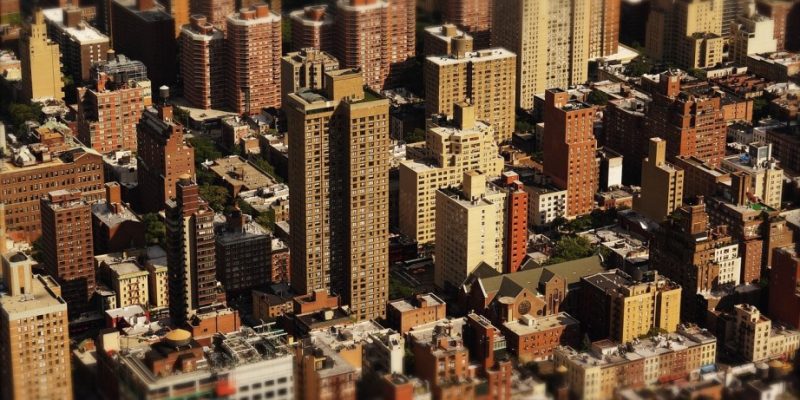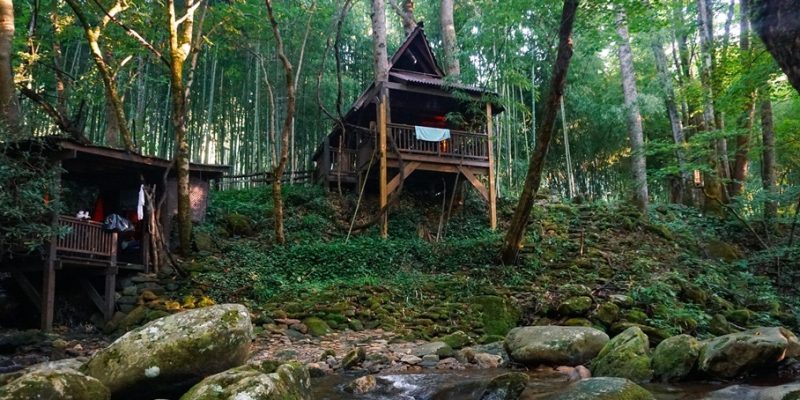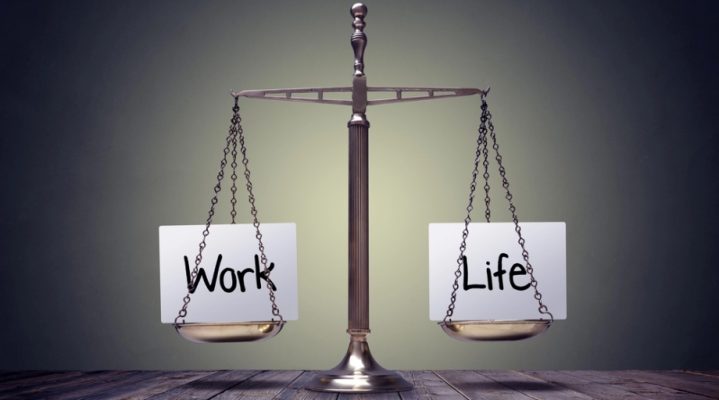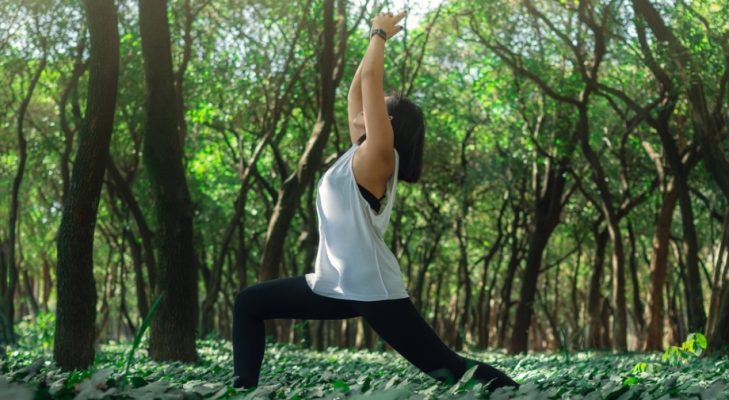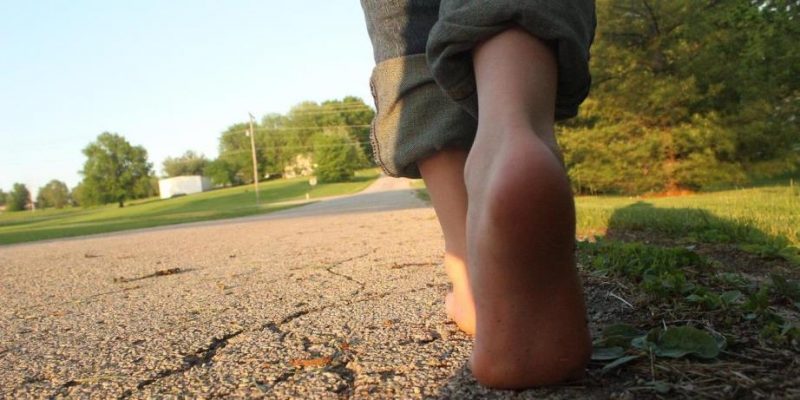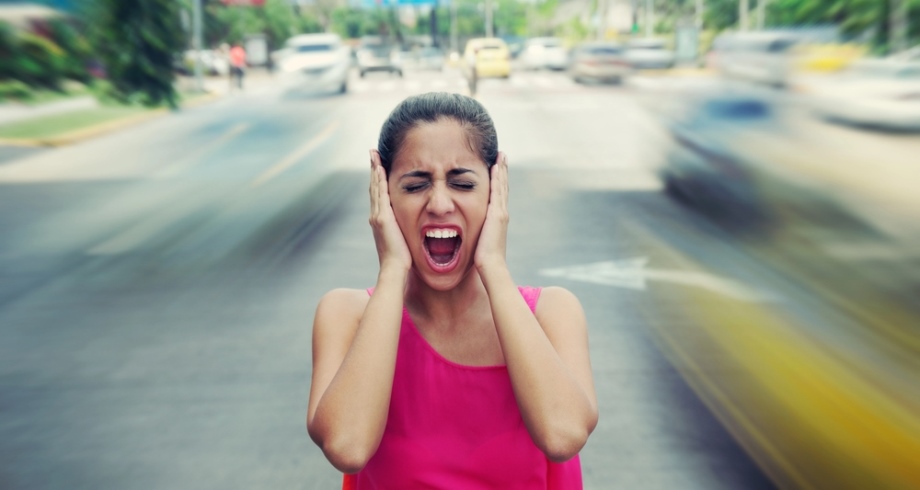
It’s not a secret that city life is not particularly the most healthy environment for people, to say the least. Not so healthy for the body and not so healthy for the mind.
Yet, currently about 55% of the world’s population lives in cities and it’s projected to increase to about 70% by 2050. Of course, what exactly the definition of a city is varies per country. Nevertheless, it’s generally understood as a large and densely populated urban area with a diversity of businesses, cultural institutions, and residential zones.

The percentages of urban population per country vary significantly. For instance, in the USA it’s about 83%, in the Netherlands 93%, Portugal 67%, Thailand 55%, and in South Africa 68%, and so on.
Then you have mega-cities of 30 million people, cities with 1 million inhabitants, and cities of a 100,000 people. Although the size of the population makes a difference in the number and extend of facilities offered, cities still have many things in common which could be considered negative for people’s physical and/or mental health.
For instance, they are typically loud (noise pollution), of bad or medium air quality, there are problems of crime and safety, high levels of inequality, high costs of living, traffic congestion, a fast pace of life, loneliness and social exclusion (although there are actually more socializing options, which is a paradox), crowded living conditions and smaller housing, and a lack of green spaces and Nature. Well, it’s the well-known hustle and bustle and the down-sides of the big city.
Of course, there are likewise some important up-sides, such as more options “to be yourself,” a certain kind of social freedom, cultural diversity, public transportation, better healthcare facilities, more shopping options, and more employment and economic opportunities.
Now, if we compare city life to living in the countryside as for the emotional/mental health question, studies have shown that — in general — living in the city tends to increase stress and anxiety levels and mental illnesses (like depression and psychosis, among others).
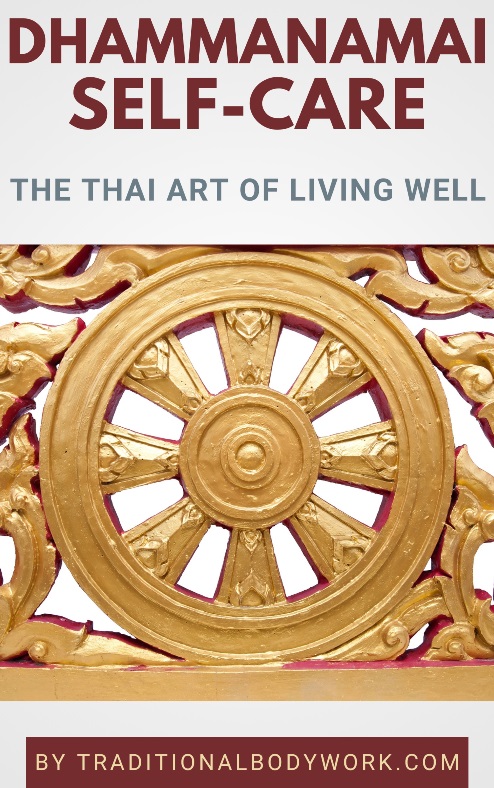
Nevertheless, things are not black and white.
That is, living in the countryside can be more negative than city life depending on individual situations. For instance, having no work, not enough income, education, or personal development opportunities, or being “too different” compared to the village community, feeling bored with the “sleepy” countryside, or perhaps experiencing a lack of adequate infrastructure, are things that can certainly make people feel very unhappy. Therefore, in such cases living in the city may indeed be the better option.
So, even if the city increases mental health problems because of noise pollution, air pollution, a fast-paced life, lack of Nature, or too many people “rubbing together” in a “sardine can,” and so on, it depends on the individual situation of a given person if living in the countryside would be the better choice.
As for physical health, countryside living — if one seizes the opportunities of spending as much time possible outdoors — typically offers better ways to stay (or become) healthy, which has to do with nearby Nature, clean(er) air, and more options to work with the body by engaging in activities like gardening, farm work, hiking, climbing, and so on.

It’s not that one cannot be physically active in the city, but jogging or biking in unclean air surrounded by noise and traffic and too many people, or visiting the gym in a closed and stuffy environment with the headphone on, or walking briskly in a shopping mall or even in a “green space” with hundreds of people around you don’t really add to having qualitative physical exercise, one that also helps to alleviate the day-to-day mental issues like stress and anxiety.
All in all, I think it’s not hard to see that it would be better for people’s health to live in the countryside or in a rural area, but global society as it’s organized today gives us increasingly less opportunities to do so. Yet, if one could make a financially feasible living in the countryside, find a like-minded community, and reap the benefits of a slower pace of life, having more space and silence, growing one’s own food, proximity of Nature, and a healthier physical environment, it would certainly be the preferred choice.
There are perhaps a lot of “ifs” involved, but it’s not impossible to make the step to rural living. It would perhaps mean that one needs to get by with less material wealth, less diverse entertainment options, or less infrastructure, and so on, but I think more people than now could and would make it happen in some way if they would really see the importance for their overall health and would set their mind to it to do so.






